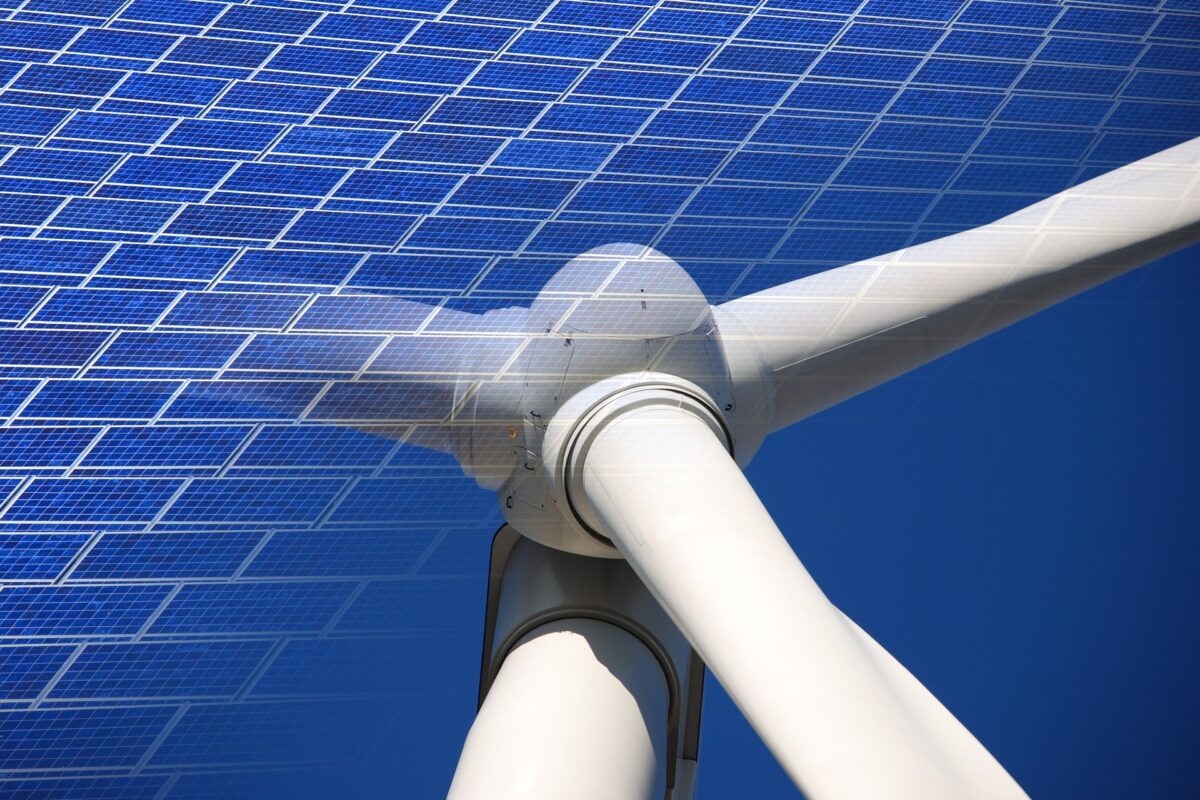The Small Innovative Projects in Solar (SIPS) 2023 funding opportunity will award $6.5 million for seedling R&D projects that focus on innovative and novel ideas in photovoltaics (PV) and concentrating solar-thermal power (CSP). Announced by the U.S. Department of Energy (DOE) Solar Energy Technologies Office (SETO), they are seeking projects that are and are “riskier than research ideas based on established technologies”.
Innovative projects might include reuse and recycling of system components, manufacturability of PV technologies, solar-thermal fuel systems and more. Suggested topic areas are outlined below.
The intend of the funding is to accelerate the deployment of solar technologies that will support an equitable transition to a decarbonized electricity system by 2035 and energy sector by 2050.
To encourage early researchers to apply, this funding opportunity is designed to streamline the application process. Note that part of the application process is to submit a plan to broaden the participation of well-qualified members of underrepresented groups on research teams. These efforts will help to achieve the Biden administration’s goal to increase the diversity of those in applied energy research fields.

SETO expects to make about 14 to 24 awards each ranging between $250,000 and $400,000. Diverse teams from universities, federally funded research and development centers, nonprofits, community-based organizations, state agencies, local governments, and solar developers are encouraged to apply.
Topic areas
CSP (7 to 12 projects, $400,000 each)
This topic area will support small, focused projects investigating the applicability and robustness of novel ideas in CSP. Responsive concepts include all aspects of CSP plants with thermal energy storage, as well as solar-thermal industrial process heat innovations and solar-thermal fuel systems.
PV (7 to 12 projects, $250,000 each)
Projects in this topic area will focus on new and emerging areas of PV research that can produce significant results within the first year of performance and, if successful, lay the foundation for continued research. These projects should aim to significantly lower costs and improve the power conversion efficiency, fielded energy output, reuse and recycling of system components, service lifetime, and manufacturability of PV technologies.
Key dates
- Submission deadline for full applications: June 1, 2023, 5 p.m. ET. Expected date for EERE Selection: October 2023
- Expected timeframe for award negotiations: Fall 2023
This funding opportunity announcement is expected to be re-issued annually and applicants will be provided the opportunity to submit new applications for consideration.
Download the full funding opportunity on the EERE Exchange website.
This content is protected by copyright and may not be reused. If you want to cooperate with us and would like to reuse some of our content, please contact: editors@pv-magazine.com.









By submitting this form you agree to pv magazine using your data for the purposes of publishing your comment.
Your personal data will only be disclosed or otherwise transmitted to third parties for the purposes of spam filtering or if this is necessary for technical maintenance of the website. Any other transfer to third parties will not take place unless this is justified on the basis of applicable data protection regulations or if pv magazine is legally obliged to do so.
You may revoke this consent at any time with effect for the future, in which case your personal data will be deleted immediately. Otherwise, your data will be deleted if pv magazine has processed your request or the purpose of data storage is fulfilled.
Further information on data privacy can be found in our Data Protection Policy.